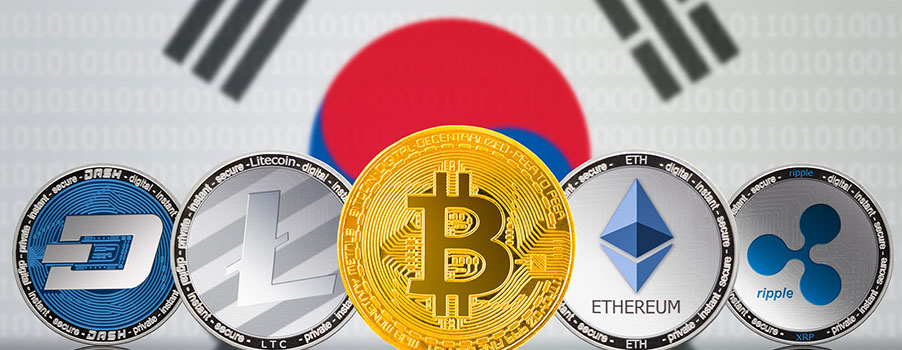South Korea has been at the forefront of the crypto industry since the investor boom and cryptocurrency frenzy of 2017 and since then, the country has seen a number of gradual and significant changes in the way cryptocurrencies are perceived within its borders. Just recently, the country’s authorities announced that it was lifting the blanket ban on initial coin offerings (ICOs). Next on South Korea’s agenda are plans to lead what could be the fourth industrial revolution that they will be backed by blockchain initiatives.
Even as the country surges on towards delivering a blockchain-powered future, the authorities still understand the importance of regulation. According to the announcement which was made by the country’s Financial Services Commission (FSC), a set of new anti-money-laundering and know-your-customer rules for cryptocurrency exchanges will take effect on July 10, 2018, and will remain in effect for a year.
A Tougher Stand
The country’s new guidelines will make the current regulations on user and transaction monitoring even stricter than they were before. These stricter regulations are being put into place so as to prevent money laundering, fraud as well as money transfers between local and foreign exchanges. The FSC also requested the Korea Financial Intelligence Unit (KFIU), the country’s financial supervisory organization to strengthen their control over digital currency transactions and user activity so as to provide cryptocurrency exchange investors with even greater security.
The advancement of the crypto regulations in South Korea was primarily based on the FSC’s recent inspection of Nonghyup Bank, KB Kookmin Bank, and KEB Hana Bank – the inspection revealed that some of the crypto exchanges had moved assets from their investors’ depositing accounts into their own operating accounts. This is a violation of the promise that cryptocurrency exchanges make to keep investors’ assets separate from their own.
“We plan to closely keep tabs on bank accounts used by cryptocurrency exchanges for parking their expenses,” the FSC noted after the findings.
The new regulations also require the crypto exchanges to conduct Customer Due Diligence (CDD) and Enhanced Due Diligence (EDD). These are meant to ensure that foreigners are not trading digital assets through the South Korean crypto exchanges and, as mentioned earlier, to reduce the possibility of fraud, prevent money laundering and prevent personal data breaches.
While these regulations mostly seem to be restrictive in nature, the South Korean government’s initiative to control the crypto space is also a step forward towards the legitimization of the sector. In the next few months, the local authorities will be teaming up with local exchanges and banks in an effort to better structure the cryptocurrency market.

